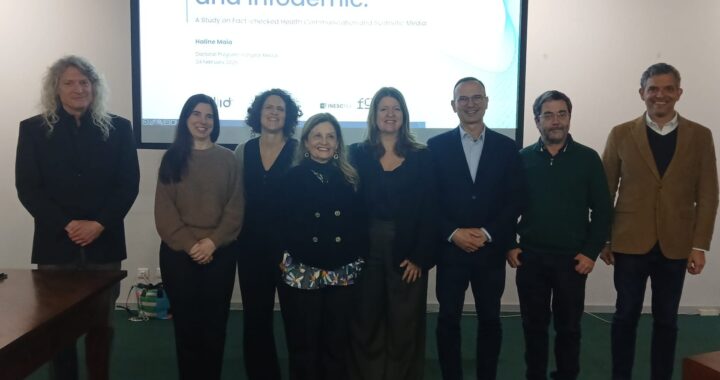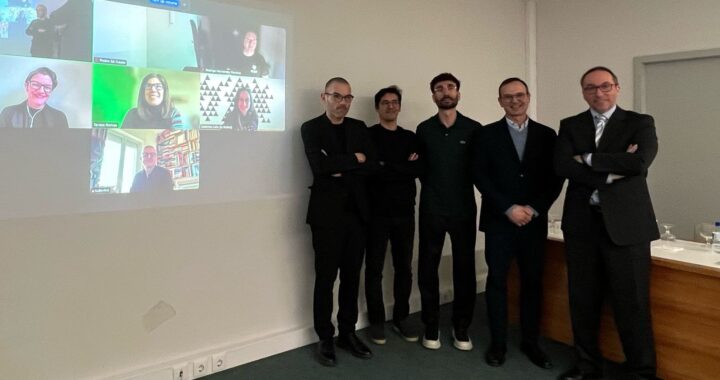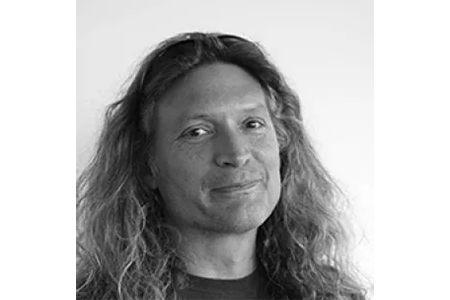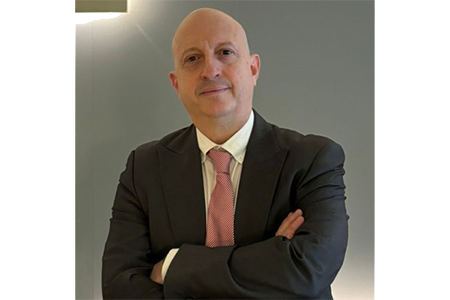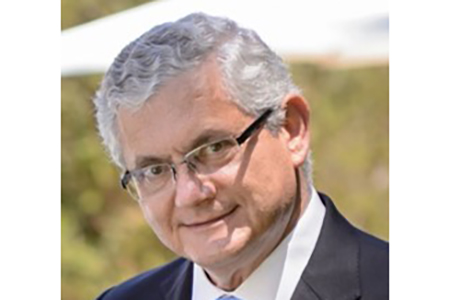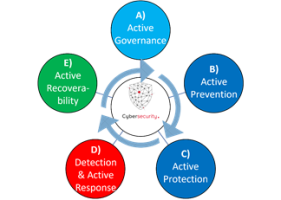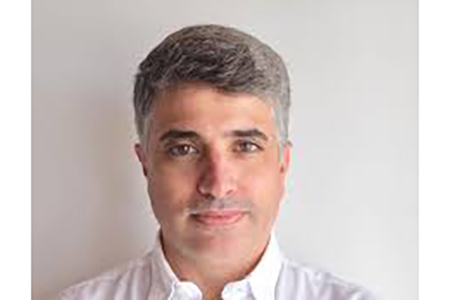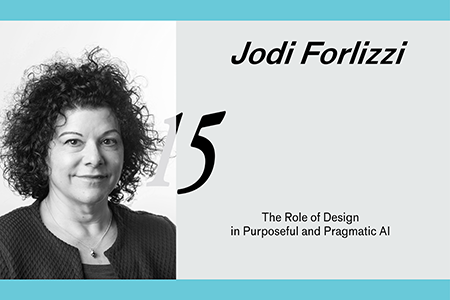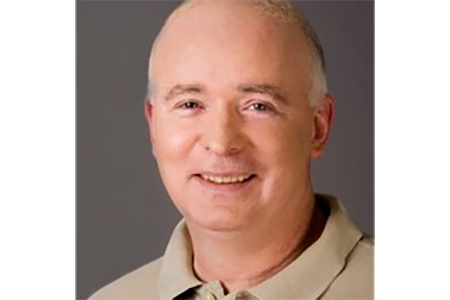Candidate:
Haline Costa Maia
Date, Time and Place:
February 24th 2025, 10:30, Sala de Atos DEEC (I -105), Faculty of Engineering, University of Porto.
President of the Jury:
António Fernando Vasconcelos Cunha Castro Coelho, PhD, Associate Professor with Habilitation, Department of Informatics Engineering, Faculdade de Engenharia, Universidade do Porto.
Members:
Christopher Mathieu, PhD, Associate Professor, Department of Sociology, Faculty of Social Sciences, Lund University;
Stefania Milan, PhD, Professor of Critical Data Studies, Department of Media Studies, Faculty of Humanities, University of Amsterdam;
António Maria Salvado Coxito Granado, PhD, Associate Professor with Habilitation, Department of Communication Sciences, Faculdade de Ciências Sociais e Humanas, Universidade Nova de Lisboa;
Ioli Ribeiro Campos, PhD, Assistant Professor, Faculdade de Ciências Humanas, Universidade Católica Portuguesa;
Helena Laura Dias de Lima, PhD, Associate Professor, Department of Communication and Information Sciences, Faculdade de Letras, Universidade do Porto (Supervisor);
Alexandre Miguel Barbosa Valle de Carvalho, PhD, Assistant Professor, Department of Informatics Engineering, Faculdade de Engenharia, Universidade do Porto.
The thesis was co supervised by Prof. Sérgio Sobral Nunes, Associate Professor at the Department of Informatics Engineering, Faculdade de Engenharia, Universidade do Porto.
Abstract:
The proliferation of health misinformation, especially during critical times such as pandemics, has underscored the need for effective mechanisms to verify and disseminate accurate health news. This research, guided by Value Sensitive Design (VSD), investigates the integration of Artificial Intelligence (AI) in health fact-checking, aiming to enhance the speed and reliability of information dissemination while ensuring ethical compliance. The study addresses these key research questions: How can AI facilitate the rapid dissemination of authenticated health information? What benefits does AI integration bring to health fact-checking processes? How can AI promote ethically responsible practices in the dissemination of counter-information? Through systematic reviews, case studies, and empirical research, including co-design workshops and surveys, the research evaluates existing AI applications. It develops guidelines for incorporating AI in journalism and public health information systems. This dissertation follows a structured approach centered around the three distinct phases of VSD. During the Conceptual Investigations phase, systematic reviews and meta-analyses were conducted on publications from 2020 to 2022, using the PRISMA process to analyze 57 studies. During the Technical Investigations phase, case studies and semi-structured interviews were conducted with stakeholders. In the Empirical Investigations, technological probes using AI for the dissemination phase of health fact-checking were tested through co-design workshops, focus groups, and surveys. The data collected in the Technical and Empirical phases were analyzed using thematic and exploratory methods. Findings indicate that while AI significantly enhances the efficiency of fact-checking processes, challenges related to equality, governance, and stakeholder trust remain prevalent. The study also explores the socio-technical dynamics of AI applications in fact-checking, emphasizing the importance of value-driven design to mitigate ethical risks and promote inclusivity. The implications of this research are far-reaching, offering guidelines for developing AI-driven tools that are not only technologically effective but also culturally sensitive and ethically sound. By fostering a better understanding of AI’s role in managing health misinformation, this work contributes to the broader discussion on technology governance and the ethical dimensions of digital media in public health contexts.
Keywords: AI Ethics; Infodemic; Generative Media; Fact-Checking; Health Misinformation; Media Literacy; Journalism Innovation.
